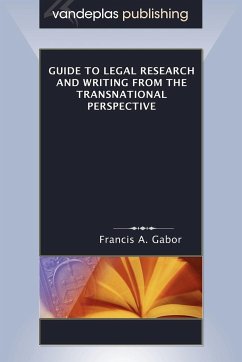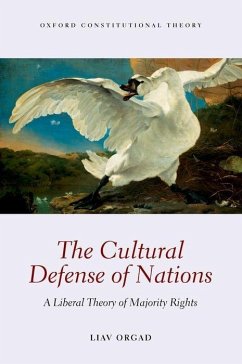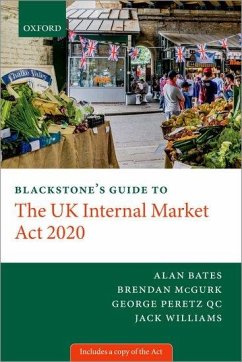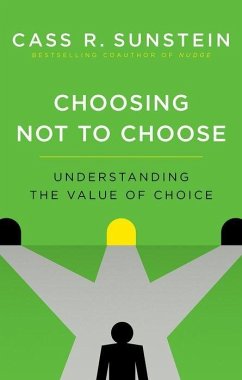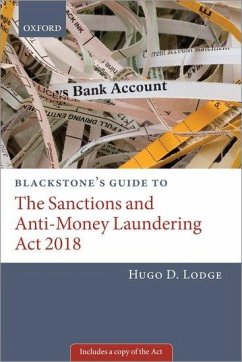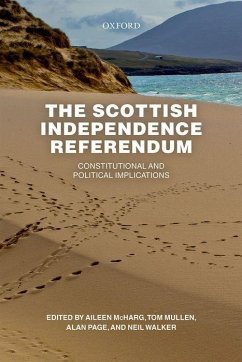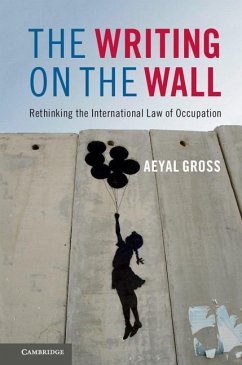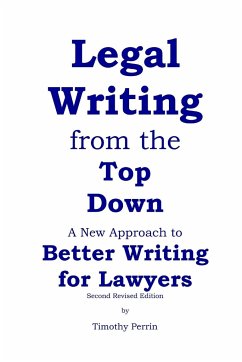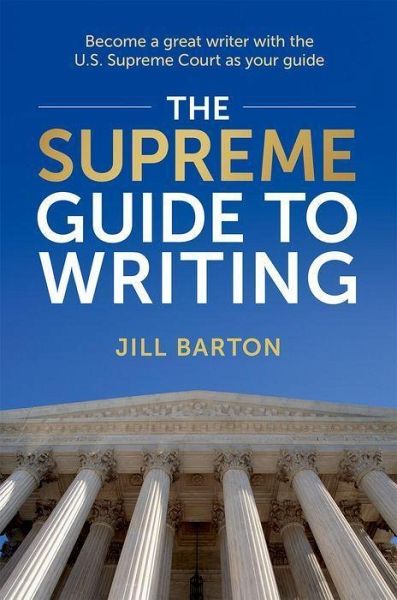
The Supreme Guide to Writing
Versandkostenfrei!
Versandfertig in über 4 Wochen
25,99 €
inkl. MwSt.
Weitere Ausgaben:

PAYBACK Punkte
13 °P sammeln!
Given all of the competing advice about legal writing, it's easy for lawyers to become confused about proper punctuation, pronouns, and word choice. In The Supreme Guide to Writing, law professor Jill Barton cuts through competing advice to detail definitive grammar rules based on the nation's unequivocal authority: the US Supreme Court. The book details a revolution in legal writing, with the justices progressing beyond the drab and technical for the deft and lyrical. With the first-ever analysis of 10,000 pages of Court opinions, the book pinpoints grammar and style rules that the justices f...
Given all of the competing advice about legal writing, it's easy for lawyers to become confused about proper punctuation, pronouns, and word choice. In The Supreme Guide to Writing, law professor Jill Barton cuts through competing advice to detail definitive grammar rules based on the nation's unequivocal authority: the US Supreme Court. The book details a revolution in legal writing, with the justices progressing beyond the drab and technical for the deft and lyrical. With the first-ever analysis of 10,000 pages of Court opinions, the book pinpoints grammar and style rules that the justices follow--and describes the outdated rules they leave behind.




